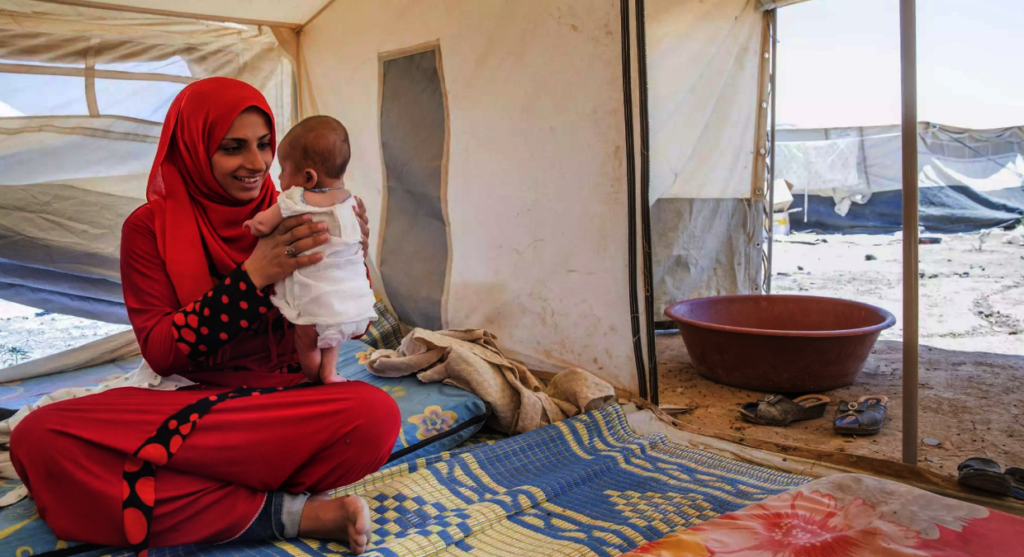By Mercy Corps | Mercy Corps
The Syrian conflict has created one of the worst humanitarian crises of our time.
Since 2011, over half of Syria’s pre-war population of 22 million has been forced to flee their homes in search of safety and opportunity, many of them more than once. Families still living in Syria are struggling to survive and meet their basic needs: 16.7 million people are expected to need humanitarian assistance in 2024, including 7 million who are still internally displaced.
When did the crisis in Syria start?
Anti-government demonstrations began in March of 2011, as part of the Arab Spring. But the peaceful protests quickly escalated after the government's violent crackdown, and armed opposition groups began fighting back.
By July of 2011, army defectors had loosely organized the Free Syrian Army and many civilian Syrians took up arms to join the opposition. Now, a decade later, divisions between armed groups and between ethnic groups continue to complicate the politics of the conflict.
With no lasting peace in sight, Mercy Corps and other humanitarian organizations are struggling just to keep up with rapidly growing needs. U.N. appeals have been significantly underfunded every single year since the start of the Syrian crisis.
Our impact
We are supporting Syrian communities in both Syria and neighboring countries so they can move beyond survival mode, become more self-reliant, and have opportunities to earn an income. Our work in Syria is focused around the following priority areas:
Meeting immediate needs and improving coping mechanisms
When families flee from violence, we work to help them find safe places to stay, and provide them with household basics like blankets and pots for cooking. For many, this is not the first time they have had to leave their home, and each time they are forced to leave things behind and rely on less to start over. Whenever possible, we purchase goods locally in order to support the local economy in Syria. Often goods are available, but people simply don’t have the money to afford them.
We also support people displaced to camps, informal settlements, and communities with water trucking, desludging and garbage collection to help them stay healthy.
Increasing economic opportunities
Whenever possible, we work to provide people with the means to support themselves and their families. We work with farmers to increase their yields, and with young people to teach them new skills, depending on what the demand is in the areas where they live. We also support small businesses with skills training and cash grants, so they can not only survive but grow and hire more people from the local community.
Addressing root causes and drivers of conflict
We are partnering with communities to address immediate and underlying causes of tensions. We work with community members, civil society, and key decision makers to utilize approaches in reconciliation and civic participation. Together, they work to strengthen formal and informal processes that have previously perpetuated inequalities and negatively affected community wellbeing.
Project reports on GlobalGiving are posted directly to globalgiving.org by Project Leaders as they are completed, generally every 3-4 months. To protect the integrity of these documents, GlobalGiving does not alter them; therefore you may find some language or formatting issues.
If you donate to this project or have donated to this project, you can receive an email when this project posts a report. You can also subscribe for reports without donating.
Support this important cause by creating a personalized fundraising page.
Start a Fundraiser